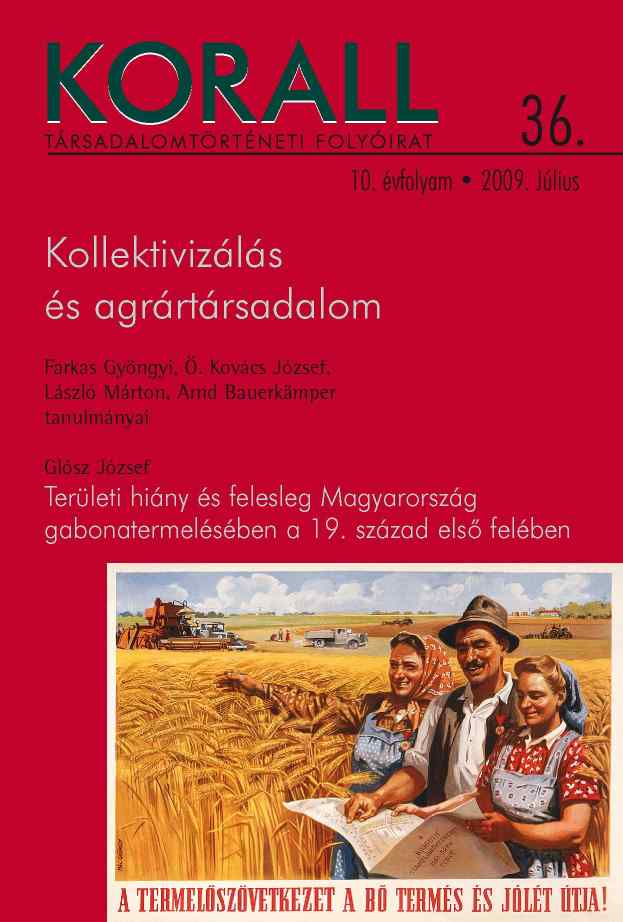„Ex minimis faciunt maxima”. Kísérlettípusok a paraszti közösség ideális rendjének kialakítására felvilágosult evangélikus lelkészek munkáiban
„Ex minimis faciunt maxima”: Types of Attempts to Establish Ideal Peasant Communities in Works of Enlightened Evangelical Pastors
Author(s): Zoltán Gőzsy, Norbert SpannenbergerSubject(s): History
Published by: KORALL Társadalomtörténeti Egyesület
Summary/Abstract: One of the greatest socio-political tasks of eighteenth-century Enlightenment was education in all walks of life. It played a special role in the conscious education and shaping of the dominant agrarian society, in order to implement the principle of the ideal society, organised along the ordo. The most important mediators of this catalogue of values and pedagogic mission were Protestant pastors, who were also often aware of one another’s intellectual work. The achievements of Johann Friedrich Mayer, pastor of the Hohenlohe-Schillingfürst Estate in North Württemberg, were exemplary not only in Germany: the Hungarian Sámuel Tessedik worked on the practical implementation of Mayer’s theories, which he strived to achieve in Szarvas. However, a pastor in Baranya County recorded in his congregational journal that Tessedik’s dream was realized only in Mekényes, the parish of the aforesaid pastor, rather than in Szarvas.
Journal: Korall - Társadalomtörténeti folyóirat
- Issue Year: 2009
- Issue No: 36
- Page Range: 102-118
- Page Count: 17
- Language: Hungarian

